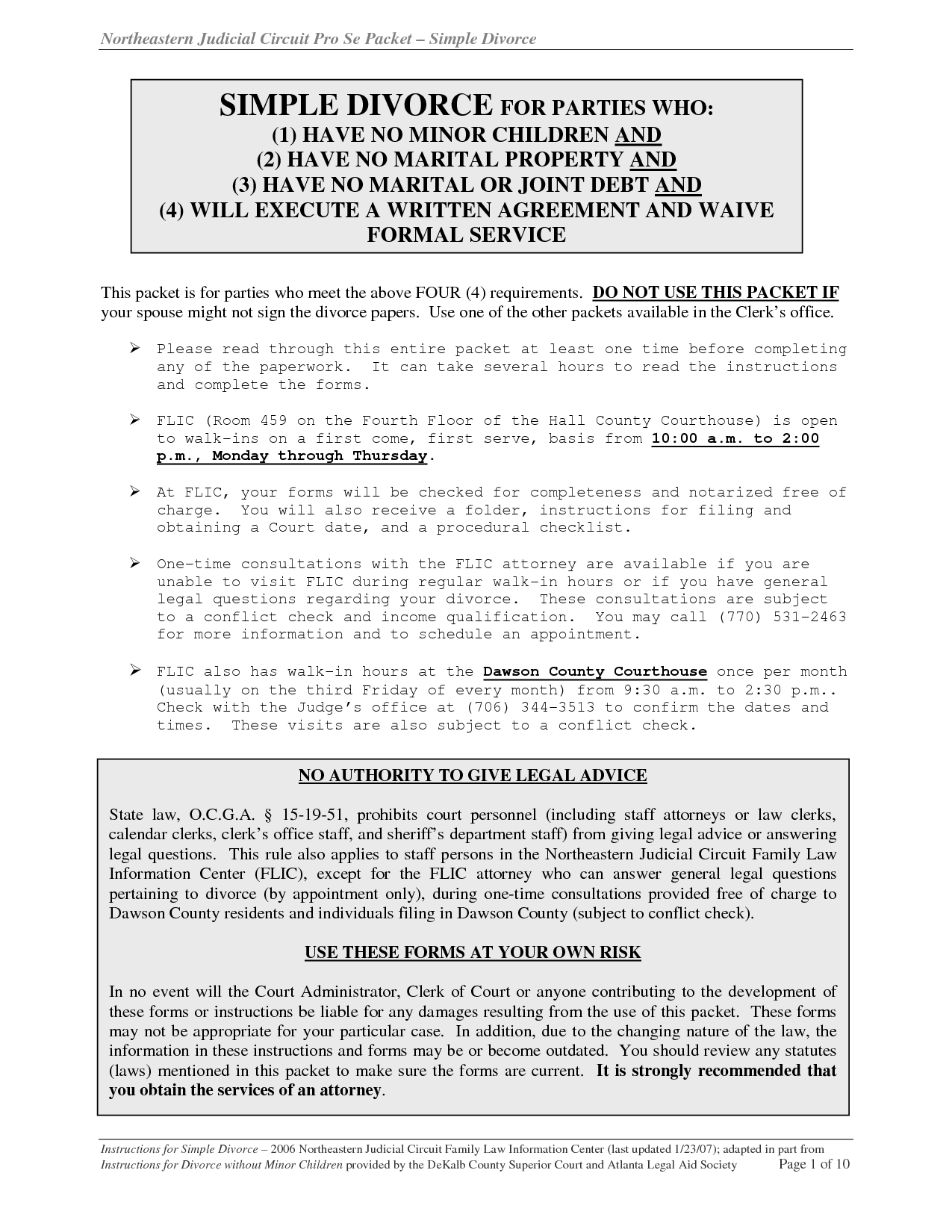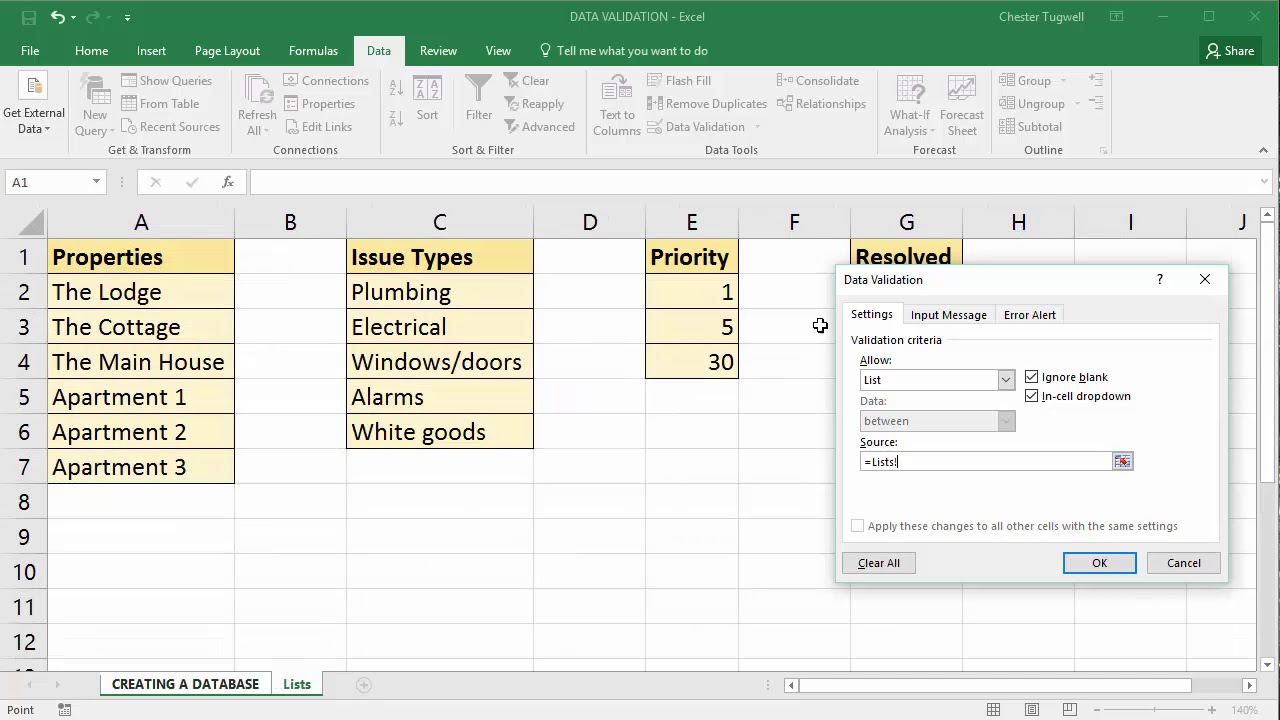How Long Should You Keep Financial Paperwork?

The question of how long to keep financial paperwork often arises when it comes time for spring cleaning or a move. Financial documents are crucial for managing taxes, proving ownership, and ensuring legal compliance. However, deciding what to keep and for how long can be confusing. Let's delve into the specifics to help you make informed decisions about retaining your financial records.
Types of Financial Documents

Before we dive into the duration specifics, it's helpful to categorize financial documents:
- Tax-Related Documents: These include receipts, invoices, W-2 forms, 1099s, and tax returns.
- Legal Documents: Deeds, titles, wills, trusts, and mortgage papers.
- Bank and Credit Card Statements: Monthly statements, cancelled checks, and credit card bills.
- Investment Records: Purchase confirmations, statements, and records of gains/losses.
- Insurance Policies: Home, auto, health, life, and disability insurance documents.
- Pay Stubs: Records of income, especially useful for verifying employment or income for loans.
- Home Improvement Receipts: Proof of expenses that might increase your property value or qualify for tax deductions.
Retention Periods for Financial Documents

Tax Documents

The IRS (Internal Revenue Service) generally recommends keeping:
- Tax Returns and Supporting Documents: At least 7 years, or until the period of limitations for your tax return runs out. This can be longer if you've filed a fraudulent return, failed to report income that should have been included, or didn't file a return at all.
- Bank and Credit Card Statements: 1 year, unless they relate to tax-deductible items, then keep them with your tax returns.
- Receipts for Large Purchases: Keep for as long as you own the item, especially if it's a deductible or taxable purchase.
Legal Documents
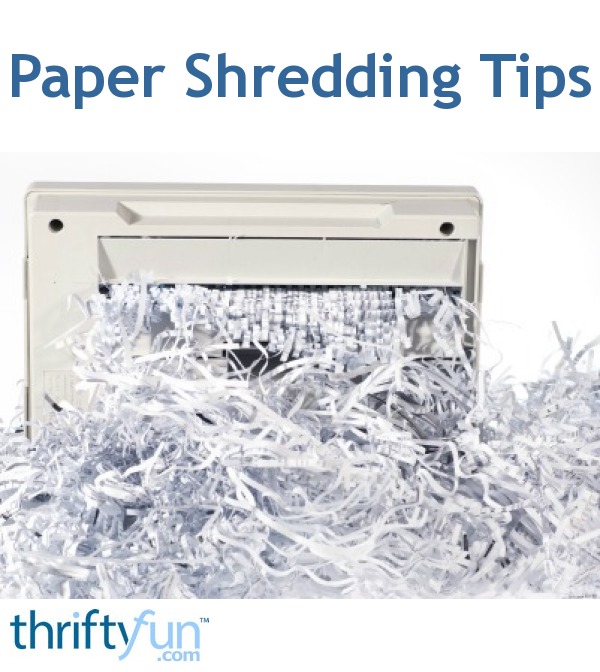
These should be kept indefinitely:
- Deeds, titles, wills, trust agreements, and power of attorney documents.
- Mortgage documents until the loan is paid off.
Bank and Investment Statements

For bank statements:
- Keep monthly statements for a year, then shred them if there are no tax implications.
- Year-end statements should be retained indefinitely, especially if they show investments or retirement accounts.
For investment statements:
- Keep until all capital gains are calculated and reported for tax purposes.
- Year-end summaries are useful for tracking long-term investment performance.
Insurance Policies

Keep current policies and those that are pending claims:
- Home Insurance: Keep until you sell the property or renew the policy.
- Auto, Health, Life: Retain until claims are settled or the policy is no longer active.
Pay Stubs
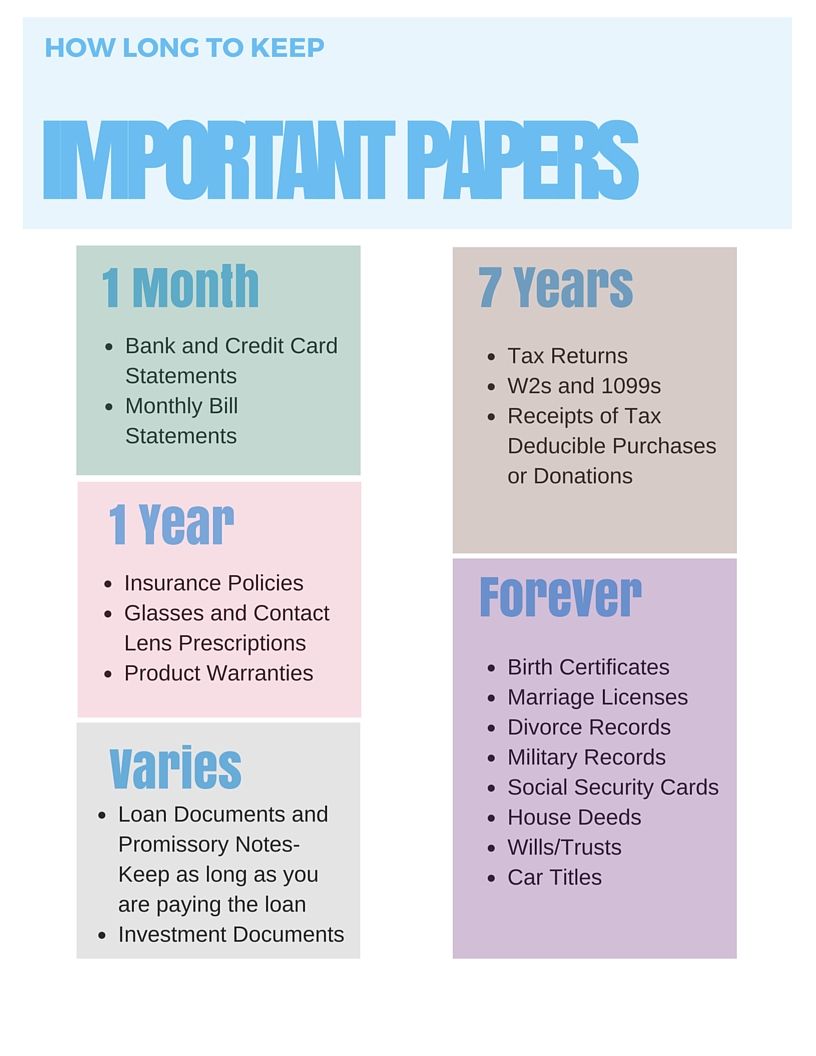
While it's good practice to review pay stubs:
- Keep annual summaries indefinitely, or at least until retirement age.
- Monthly or bi-weekly stubs can be discarded after confirming they match your W-2 or other annual income summaries.
Home Improvement Records
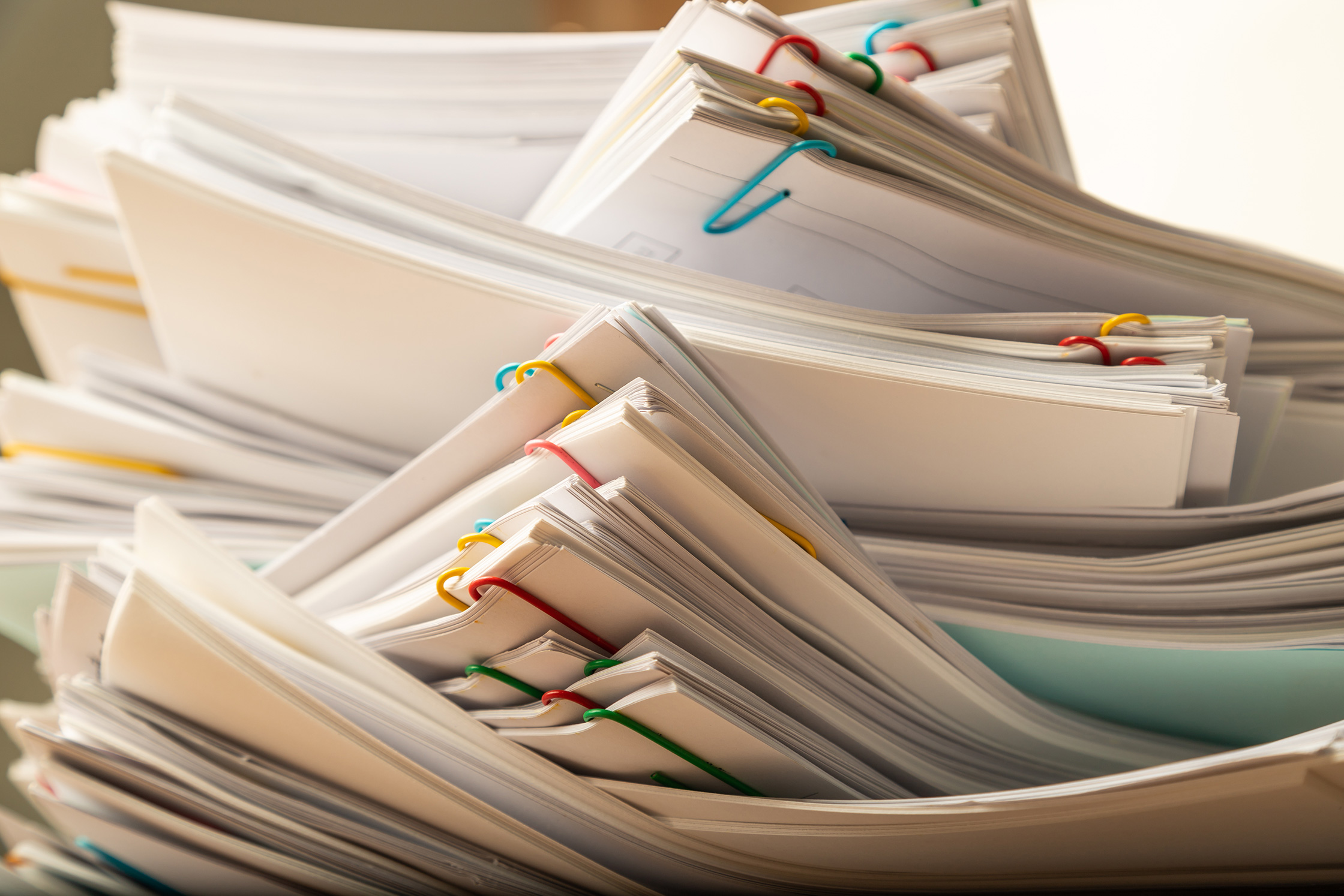
Keep receipts and documentation for:
- Any improvements or significant repairs that increase your home's value or qualify for tax deductions.
- Keep until you sell the property, as these records can impact your capital gains calculation.
Notes on Electronic Records

In today's digital age, many of us receive and store financial documents electronically. Here are some tips for electronic recordkeeping:
- Backup Regularly: Use cloud storage or external hard drives to ensure data safety.
- Secure Passwords: Protect your financial information with strong, unique passwords and enable two-factor authentication where possible.
- Regular Review: Go through your records periodically to delete or shred unnecessary documents, reducing clutter.
- Compliance with Regulations: Ensure that any electronic records comply with legal and tax regulations, especially for tax purposes.
💡 Note: Remember to scan or digitize physical documents if you prefer electronic recordkeeping. However, ensure that the digital copies are secure and accessible when needed.
The key to managing your financial paperwork efficiently is to strike a balance between retaining essential documents and not hoarding unnecessary paper. Here are some closing thoughts:
- Utilize secure shredding services for sensitive documents you no longer need, reducing the risk of identity theft.
- Regularly update your financial recordkeeping strategy to align with changes in laws, personal circumstances, or digital advancements.
- Keep the most important documents in a safe deposit box or fireproof safe, or ensure they are securely backed up in the cloud.
- Remember that guidelines are just that—guidelines. Always err on the side of caution if you're unsure whether to keep or shred.
By implementing these strategies, you'll manage your financial paperwork effectively, ensuring compliance, security, and peace of mind.
Can I keep all financial documents electronically?

+
Yes, you can keep financial documents electronically, but ensure you back them up regularly, use secure storage, and adhere to tax regulations regarding electronic records.
What should I do if I’m missing a tax-related document?

+
If you’re missing a tax document, contact the issuer immediately for a replacement. The IRS will also have records of many of these documents, so you can request transcripts if needed.
How long should I keep records of business expenses?

+
Business expenses should be kept for at least 7 years, as they are typically considered for tax purposes and may be subject to audits.


